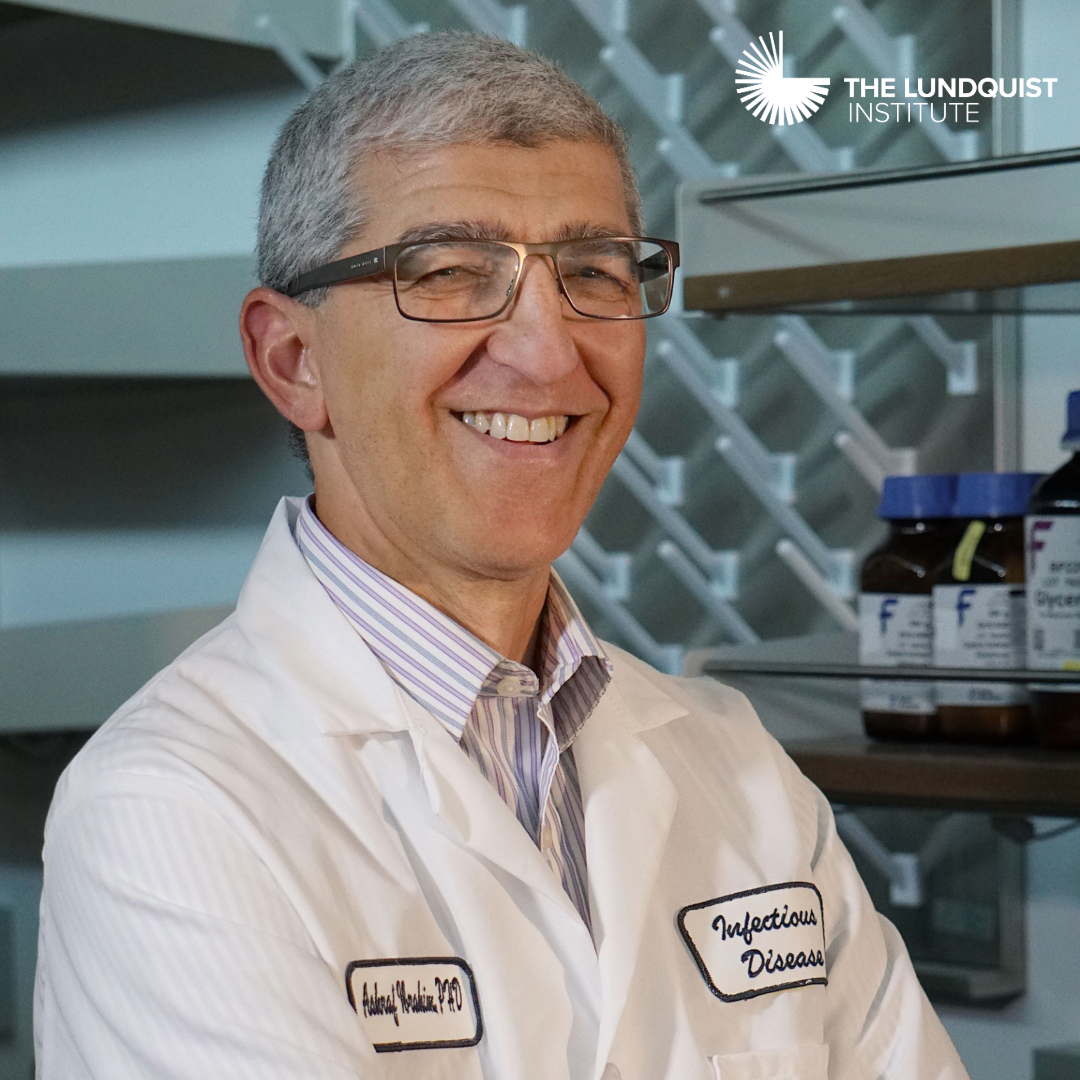The Lundquist Institute for Biomedical Innovation at Harbor-UCLA is proud to announce that Dr. Ashraf S. Ibrahim has been awarded a major research grant from the National Institute of Allergy and Infectious Diseases (NIAID), part of the National Institutes of Health (NIH). This multi-year grant totals more than $11 million and marks a major milestone in the global effort to combat mucormycosis, one of the world’s most lethal fungal infections.
The initiative, MUCOR-ADVANCE, will receive $2.2 million in its first year, with projected funding exceeding $11.2 million over the next five years. Dr. Ibrahim, a TLI Investigator and Professor of Medicine at the David Geffen School of Medicine at UCLA, is leading the project. He is widely recognized as a leading authority on the pathogenesis of mucormycosis.
What Is MUCOR-ADVANCE?
MUCOR-ADVANCE is a collaborative, multi-institutional effort that brings together researchers from The Lundquist Institute, MD Anderson Cancer Center, and the University of Maryland. The program integrates three research projects supported by Clinical, Genomics and Transcriptomics, and Administrative Cores.
The project’s ambitious goals include:
- Identifying novel toxins and invasins in Mucorales fungi
- Decoding the immune system’s interactions with these pathogens
- Developing rapid diagnostics and immune-based therapies
- Repurposing existing FDA-approved immunomodulators to treat mucormycosis
- Creating clinical tools to stratify patient risk and personalize treatment
Dr. Ibrahim is joined at TLI by Dr. Scott Filler, Dr. Priya Uppuluri, and Dr. Yiyou Gu. The MD Anderson team is led by internationally renowned clinician and medical mycologist Dr. Dimitrios Kontoyiannis, with support from Dr. Sebastian Wurster, Dr. Teny John, and Dr. Stephanie Watowich. At the University of Maryland, the team is headed by Dr. Vincent Bruno, a global leader in mucormycosis-related omics research.
Why This Matters
Mucormycosis is a fast-progressing fungal infection with a mortality rate of around 50 percent. For certain high-risk patients—including those with diabetic ketoacidosis, transplant recipients, or individuals undergoing intensive corticosteroid therapy—the mortality rate can approach 100 percent. Despite its growing impact globally, the disease has long been underfunded and poorly understood.
“This investment from NIAID validates two decades of collaborative research and positions us to finally outpace a disease that currently kills at least half of the patients it strikes,” said Dr. Ibrahim. “By unraveling how Mucorales fungi disarm the immune system, we aim to deliver rapid diagnostic tests and immune-based therapies that can save lives within this decade.”
A New Era in Fungal Disease Research
By integrating basic science, advanced genomics, and real-world clinical insights, the MUCOR-ADVANCE team is working to create life-saving tools and treatment strategies. The impact of this work will not only be felt in the fight against mucormycosis, but also in how we prepare for and respond to future emerging fungal threats.
“These studies will not only save lives threatened by mucormycosis but also establish new paradigms for tackling other emerging fungal pathogens,” said Dr. Joe W. Ramos, President and CEO of The Lundquist Institute. “We are proud of Dr. Ibrahim’s visionary leadership and grateful to NIAID for its confidence in our institute’s mission to accelerate translational discoveries that will save lives worldwide.”
Support Transformational Research Like This
Breakthroughs like MUCOR-ADVANCE are only possible with the support of our community. The Lundquist Institute is committed to pioneering research that makes a real difference in patients’ lives. Join us in this mission by donating to The Lundquist Institute today to support our scientists and their lifesaving work.
